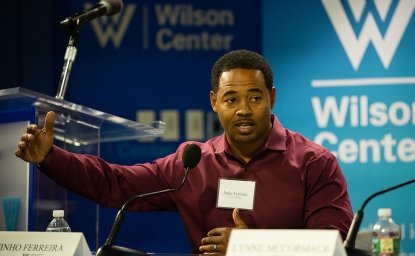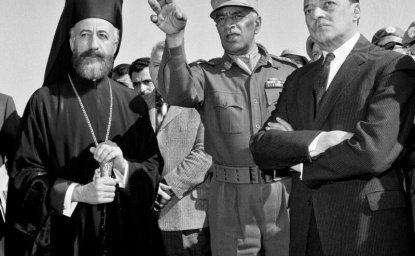"The Week That Changed the World:" The 40th Anniversary of President Nixon's China Trip
In 1972, President Nixon became the first U.S. President to visit the People's Republic of China. Forty years later, the impact of that historic trip is still evident, as the U.S.-China relationship extends to economics, security, and climate. “The relationship we have now with China is the most important one we have in the world,” said Douglas Spelman, deputy director of the Kissinger Institute on China and the United States. He predicts the many positives of bilateral cooperation will outweigh the negatives of such historically contentious issues as human rights, Taiwan, and religious freedom.








